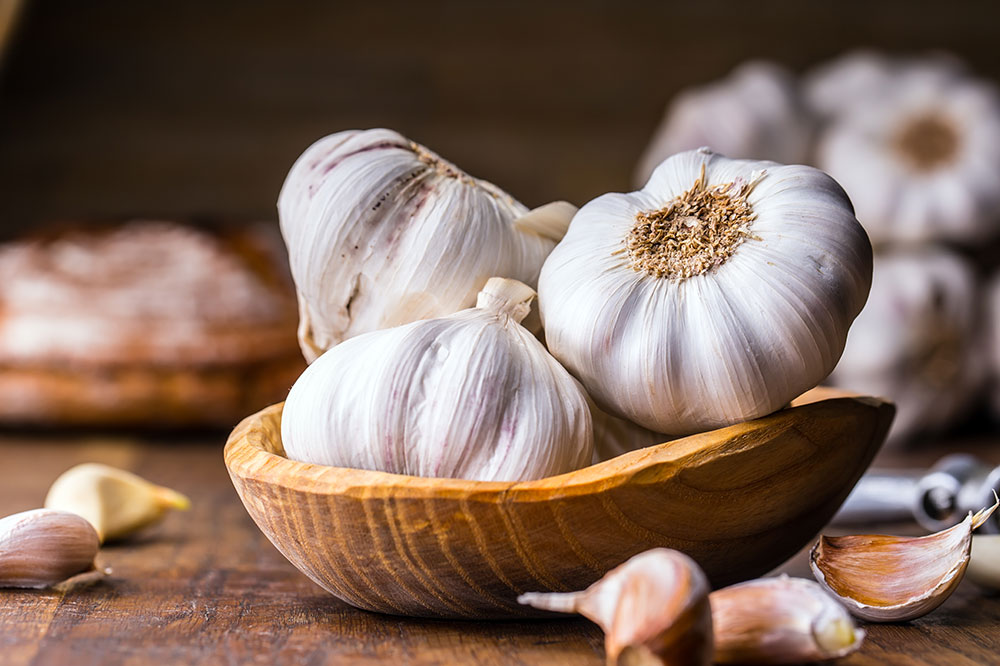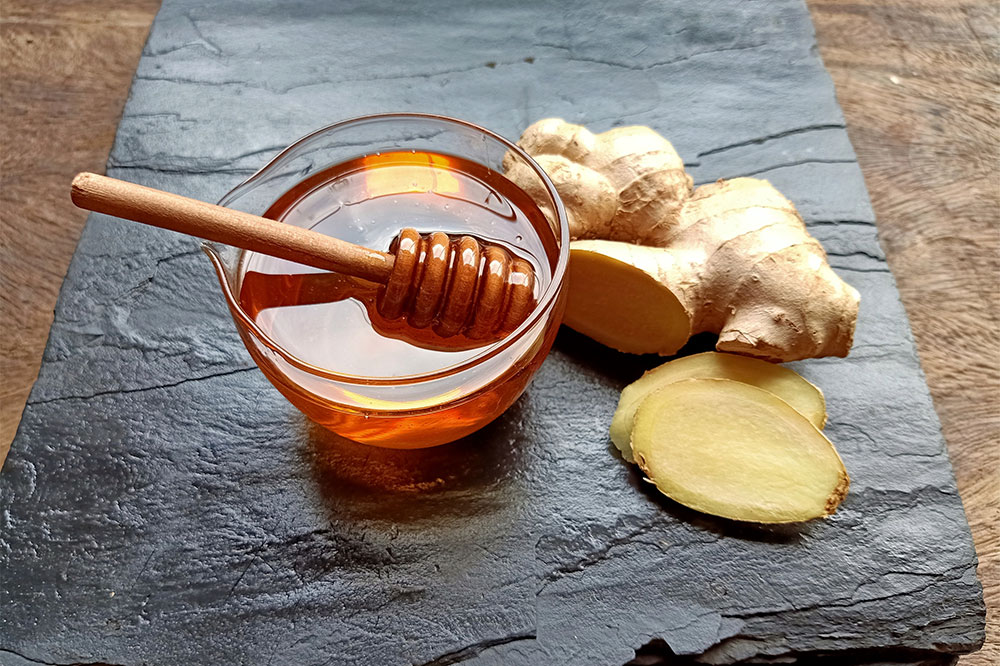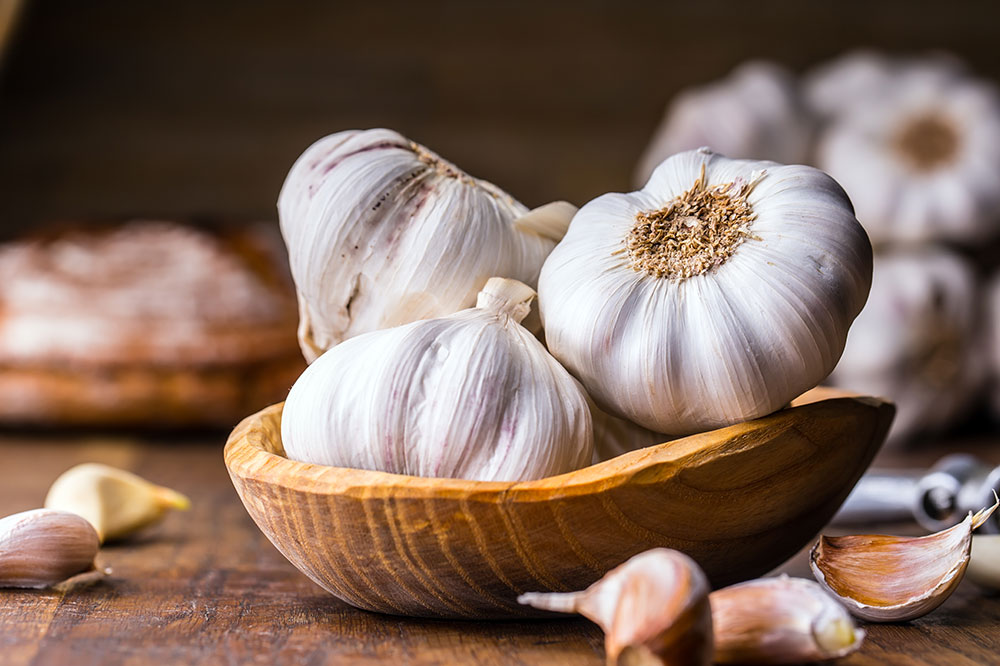Natural Home Remedies for Managing Asthma Symptoms Effectively
Learn effective natural home remedies to manage asthma symptoms safely and effortlessly. This comprehensive guide covers herbal teas, dietary tips, breathing exercises, and lifestyle changes that can help soothe your respiratory system, reduce flare-ups, and improve overall lung health without relying solely on medication. Discover simple yet powerful strategies to alleviate symptoms and enjoy better respiratory comfort naturally.

Comprehensive Home-Based Strategies to Alleviate Asthma Discomfort
Asthma is a chronic respiratory condition that affects millions worldwide. Though there is no definitive cure, understanding how to manage symptoms and identify triggers is crucial for improving quality of life. Many individuals seek natural remedies to help reduce the frequency and severity of asthma attacks, using home-based strategies that are safe and accessible. This article explores various effective home remedies, lifestyle adjustments, and dietary tips that can help alleviate asthma symptoms naturally, contributing to better respiratory health and overall wellbeing.
Understanding Asthma and Its Triggers
Asthma is characterized by inflammation and narrowing of the airways, which leads to breathing difficulties. While the specific causes of asthma are still under research, several risk factors have been identified. These include environmental allergens such as pollen, dust mites, pet dander, and mold. Exposure to cigarette smoke, air pollution, chemical fumes, and other environmental pollutants can worsen symptoms. Stress, obesity, and genetic predisposition also play significant roles in the development and exacerbation of asthma. Recognizing these triggers can help individuals take proactive measures to minimize exposure and prevent asthma attacks.
Common Symptoms of Asthma and Their Significance
A persistent dry cough that may produce mucus, often worsening at night or early morning. While coughing might be alleviated temporarily with home remedies, ongoing coughing warrants medical evaluation.
Difficulty breathing or shortness of breath, especially during physical activity or at night.
Wheezing sounds during exhalation, indicating airway constriction.
Chest tightness or a feeling of suffocation.
Respiratory infections or frequent colds that linger or worsen over time.
Chronic coughing and the presence of other symptoms like wheezing and breathlessness suggest ongoing airway inflammation and may signal uncontrolled asthma, demanding medical attention. Nonetheless, many individuals find relief using natural, home-based remedies to manage symptoms effectively.
Below, we delve into a range of natural remedies and lifestyle modifications that can aid in soothing asthma symptoms at home, promoting respiratory health without reliance on pharmacological interventions alone.
Herbal and Dietary Remedies for Asthma Relief
Parsley Tea: Rich in antioxidants and vitamin C, parsley can help soothe sore throats and reduce respiratory congestion. Preparing parsley tea involves steeping fresh parsley leaves in boiling water for about 5-10 minutes. Drinking warm parsley tea two to three times daily may help ease breathing difficulties and reduce inflammation in the airways.
Warm Milk with Olive Oil and Garlic: An unconventional but natural remedy involves mixing warm milk with a teaspoon of olive oil and crushing garlic cloves into the mixture. This concoction can help clear nasal passages and open up airways naturally, providing relief during asthma flare-ups. Garlic has known anti-inflammatory properties, making it a beneficial addition.
Herbal Infusions: Licorice root tea is renowned for its expectorant and anti-inflammatory properties, helping to soothe irritated airways. Alternatively, a blend of lime juice, grated ginger, and herbal infusions can alleviate moderate symptoms. Regular consumption can strengthen respiratory defenses and reduce attack frequency.
Bitter Gourd Juice with Basil and Honey: Juicing bitter gourd and combining it with basil paste and honey creates a potent remedy. This mixture may help prevent recurrent asthma attacks by boosting lung function and reducing inflammation.
Nutritious Soups with Radish, Lemon, and Honey: A warm, soothing soup incorporating radish juice, lemon, and honey can help clear respiratory pathways. Radish is rich in antioxidants and supports detoxification, while honey's antimicrobial properties soothe the throat.
Wild Gooseberry (Amla) Drink: Juicing fresh gooseberries and mixing with honey results in a vitamin C-rich beverage that supports immunity and reduces airway inflammation, resulting in fewer wheezing episodes.
Fruit Boosters: Berries such as blueberries and strawberries are high in antioxidants, which help combat oxidative stress associated with asthma. Incorporating these into smoothies or drinks with lemon provides additional vitamin C, promoting better lung health.
Cooked Vegetables and Anti-Inflammatory Foods: Incorporate foods like onions, turmeric, and leafy greens into your diet. Onions contain quercetin, a natural antihistamine that reduces airway inflammation. Regular intake of such foods can lessen the severity of asthma symptoms over time.
Honey for Long-Term Relief: Consumed daily, honey acts as a natural antioxidant and anti-inflammatory agent. It can help soothe coughs and keep airways moist, reducing attack frequency.
Eucalyptus Oil: Inhaling steam with a few drops of eucalyptus oil can open nasal passages and airways, providing quick and lasting relief. Eucalyptus contains cineole, which has been shown to relax bronchial muscles and reduce inflammation.
Ginger and Cloves: Crushing fresh ginger and cloves and mixing them with warm water and honey creates a natural anti-inflammatory remedy. Ginger's bronchodilator properties help ease constricted airways, making breathing easier.
Additional lifestyle tips, such as maintaining a clean living environment, avoiding known allergens, practicing breathing exercises like diaphragmatic breathing or yoga, and staying physically active, can significantly improve asthma management at home. Always consult with healthcare professionals before starting any new herbal or dietary regimen, especially if you are on medication or have severe asthma.
Harnessing natural remedies and lifestyle modifications offers a holistic approach to managing asthma symptoms, reducing dependence on medication, and enhancing overall respiratory health. Remember, individual responses vary, and it is essential to work in tandem with healthcare providers for optimal outcomes.





